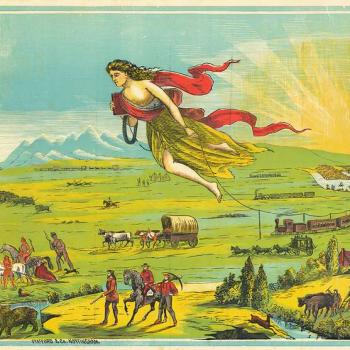In a column on efforts to help young people in the Dominican Republic, Michael Gerson finds both from an aid worker and a social scientist that the biggest need of troubled children is love. I’m intrigued by how the social scientist defined it.
From Michael Gerson: The global youth boom needs nurturing – The Washington Post:
At a community center in Bayaguana, I asked the director, Anny Rosario, what is the largest gap in the lives of the children she serves. “In the end,” she said, “what they really want is love.” She described the pleasant challenge of walking to work each morning through the community, slowed by dozens of children wanting to be greeted and hugged. “They are asking for love in the street,” she said.
The social scientific literature doesn’t often employ the term “love,” but it often implies the idea. “With apologies to Wordsworth and romantics everywhere,” Professor John DiIulio of the University of Pennsylvania told me in an e-mail, “ ‘to love’ for these purposes is to speak and behave in ways that convey to another person that you harbor a real, permanent, non-instrumental and holistic regard for their well-being, and that you care as much or more about their present and future well-being than you do about your own.”
Not to be confused with Wordsworth, DiIulio continued: “ ‘Love’ (yes, manifest empirically as attitudes and behavior that is patient, kind and all the rest) is an independent variable that varies inversely with negative individual, social and civic outcomes and directly with positive individual and pro-social, pro-civic outcomes: lower rates of abuse and neglect, higher rates of self-esteem and self-confidence and more positive educational results.”












